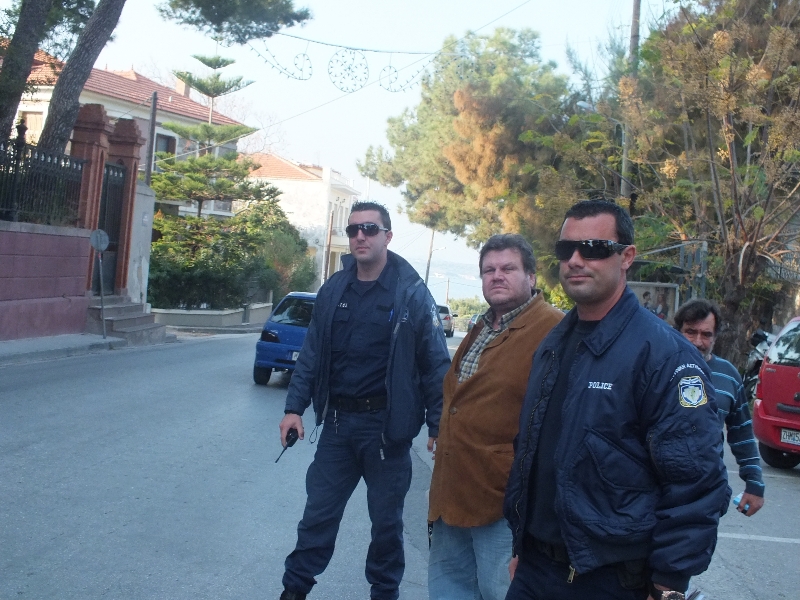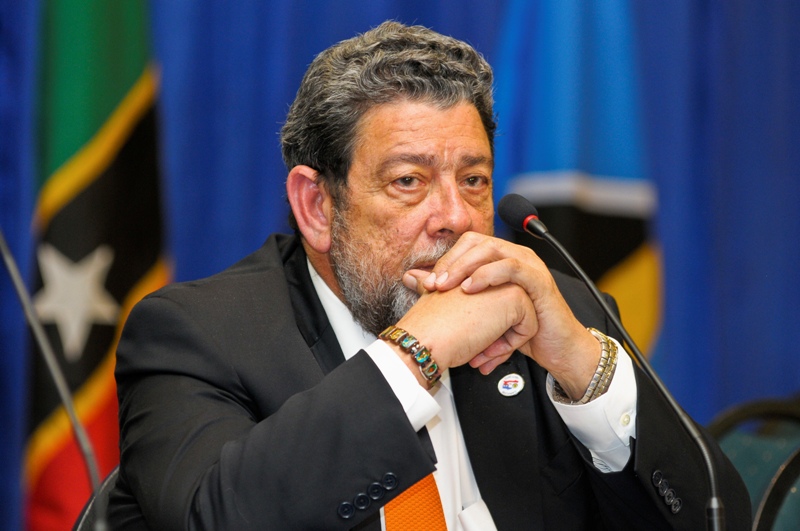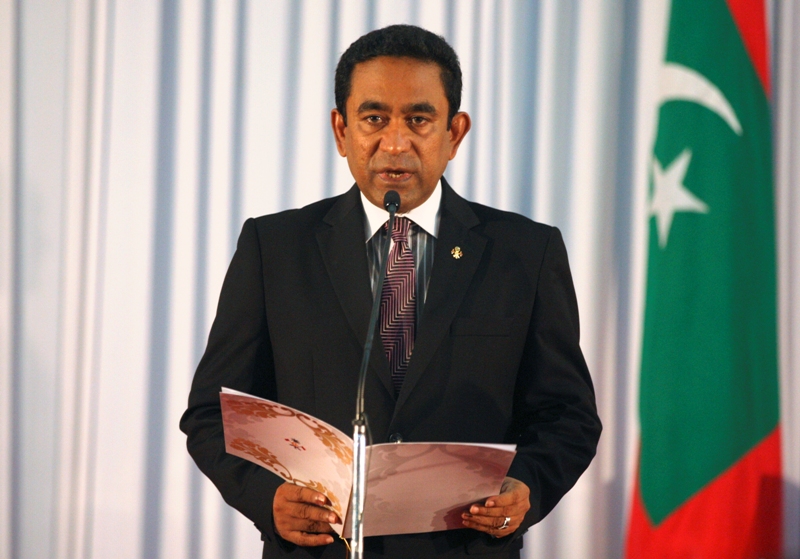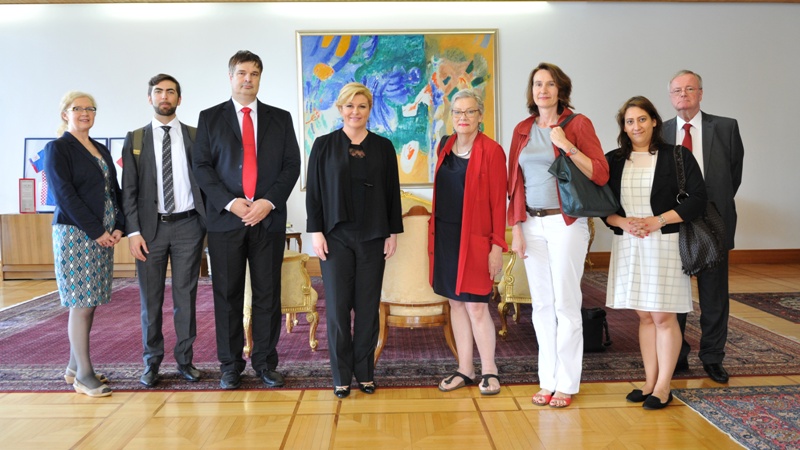Monitoring report: Defamation laws still concern for Europe media
January 30th, 2018
| Country | Type of Law | ||||

One can only imagine the feeling of satisfaction and vindication that Greek journalist Dimitris Hortargias must have felt on Dec. 22, 2015, when lawmakers overwhelmingly approved critical reforms to Greece’s Press Law, widely known then as the “press killer”.
“All I was thinking on that day was that no other colleague of mine will have to suffer the same nightmare that I went through,” Hortargias said in a recent interview with the International Press Institute (IPI).

“There is no worse thing for a journalist than to sit in a courtroom and hear that he has been sentenced to prison for doing his job,” Greek journalist Stratis Balaskas recounts.
Nearly two months ago, on July 11, Balaskas found himself exactly in this position after the Northern Aegean Court of Appeals confirmed a guilty verdict against him for insult and sentenced him to three months’ imprisonment.

The International Press Institute (IPI) yesterday joined human rights defenders in a call on St. Vincent and the Grenadines to repeal a new cybercrime law that they said poses “a serious threat to freedom of the press, the free flow of online information, and public debate”.

The International Press Institute (IPI) today urged the president of the Maldives to reject a widely criticised defamation bill that the Indian Ocean archipelago’s Parliament passed on Tuesday.

The Croatian public broadcaster HRT must provide balanced coverage of the campaign leading up to the country’s September 11 parliamentary elections, a group of six prominent international media freedom organisations said today.